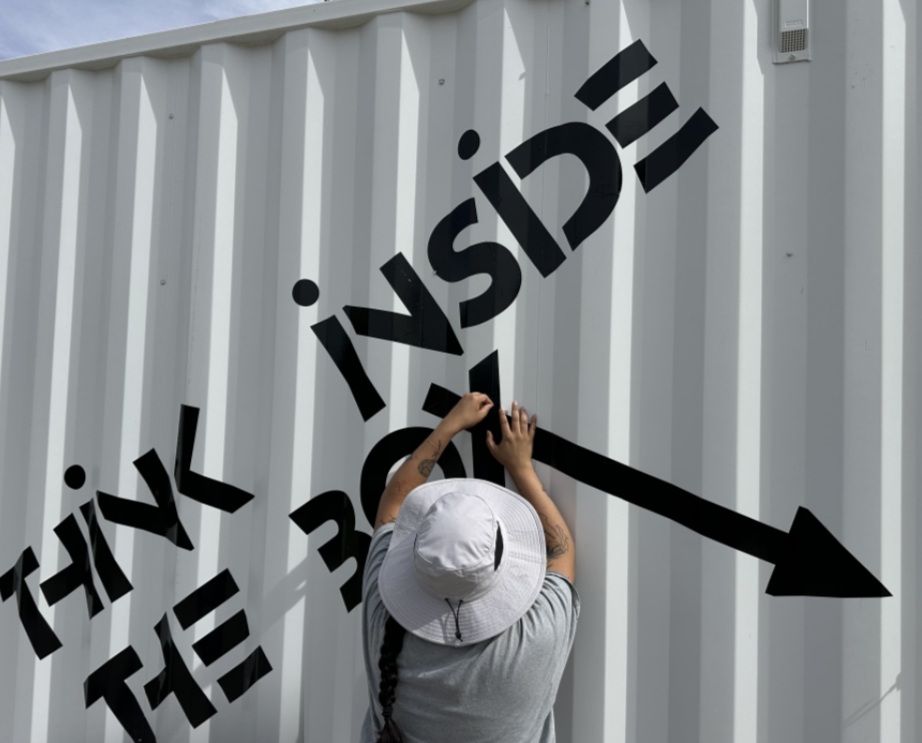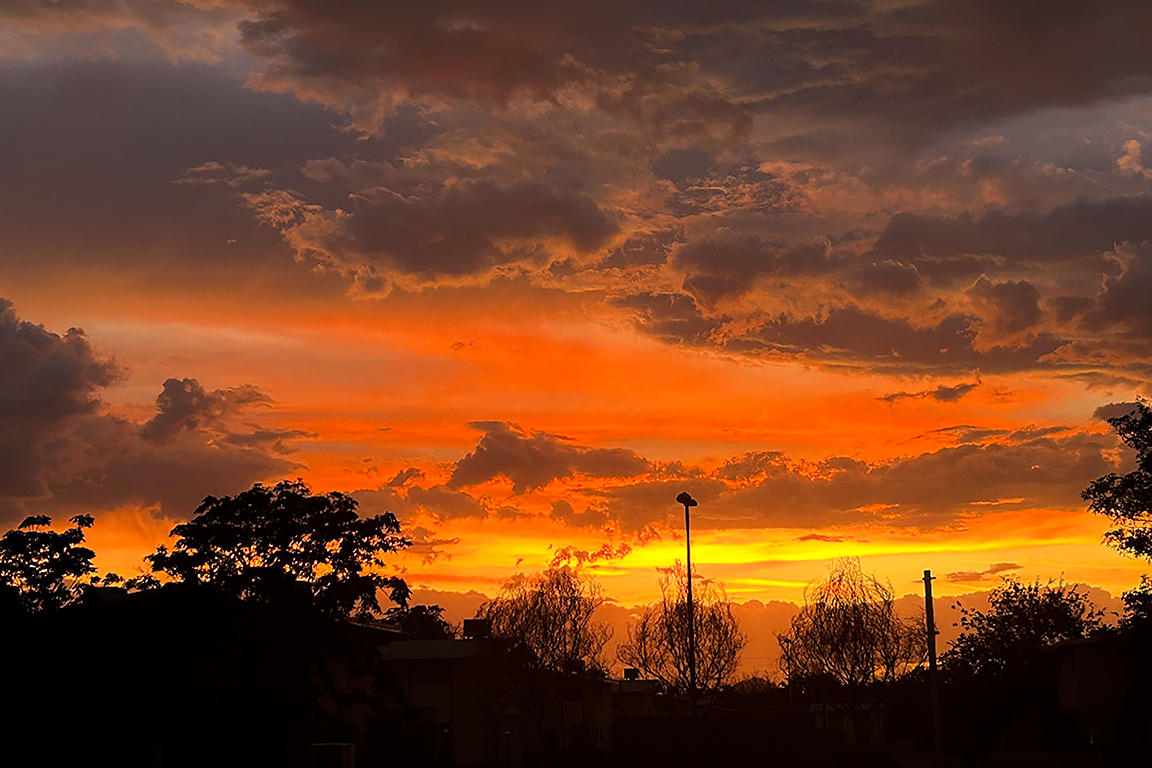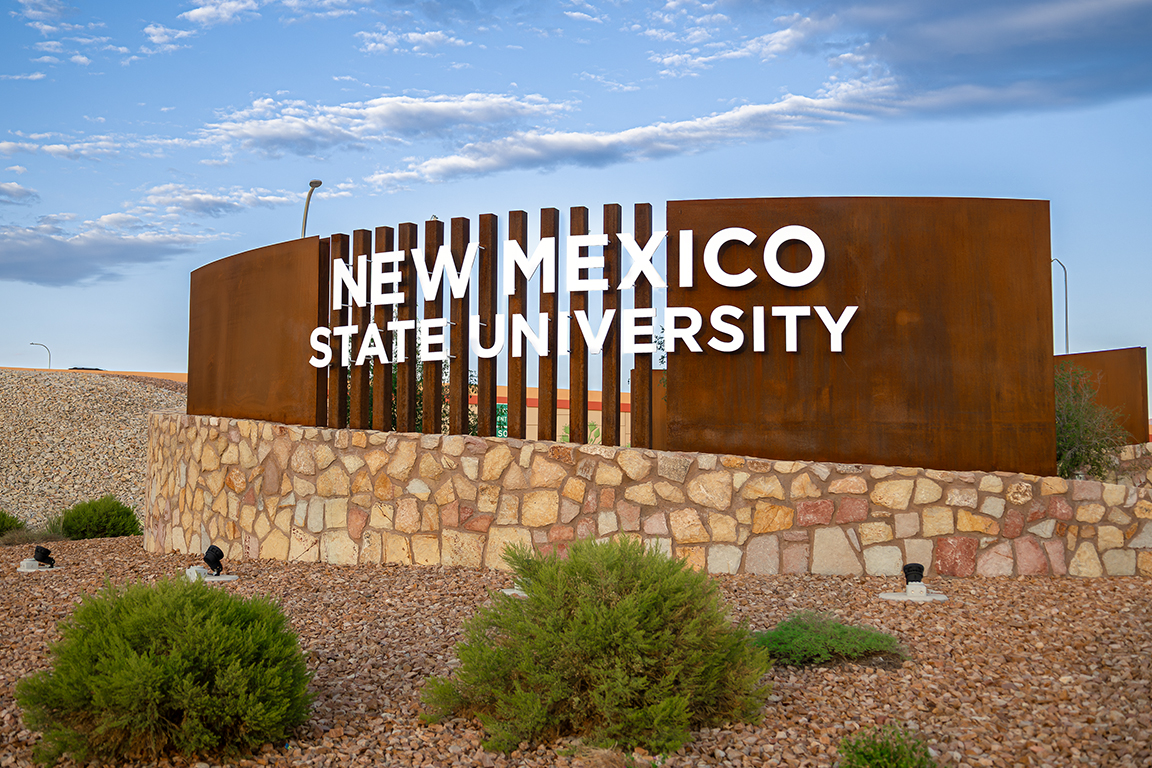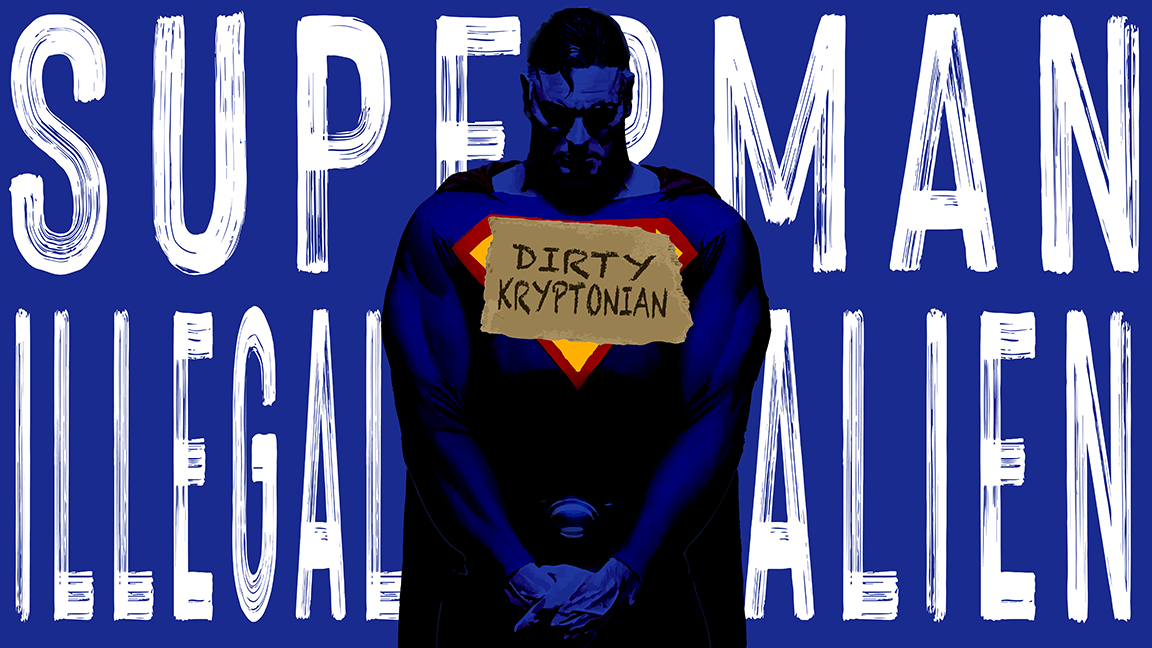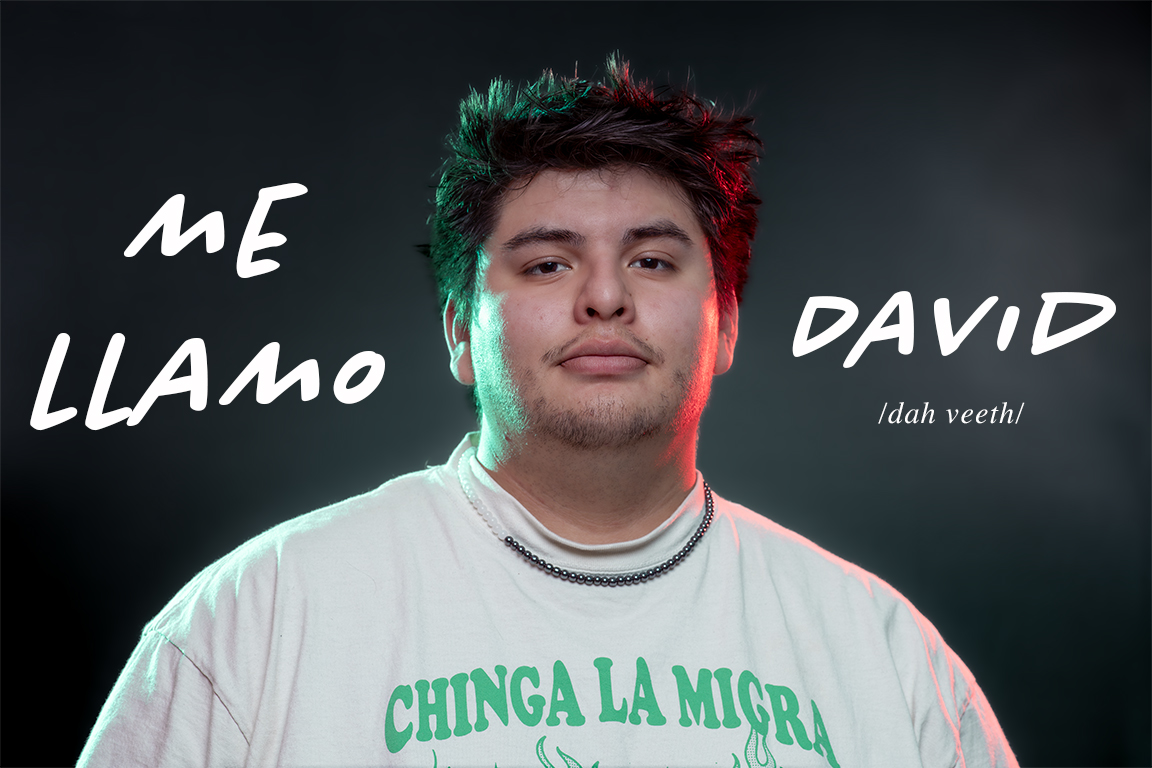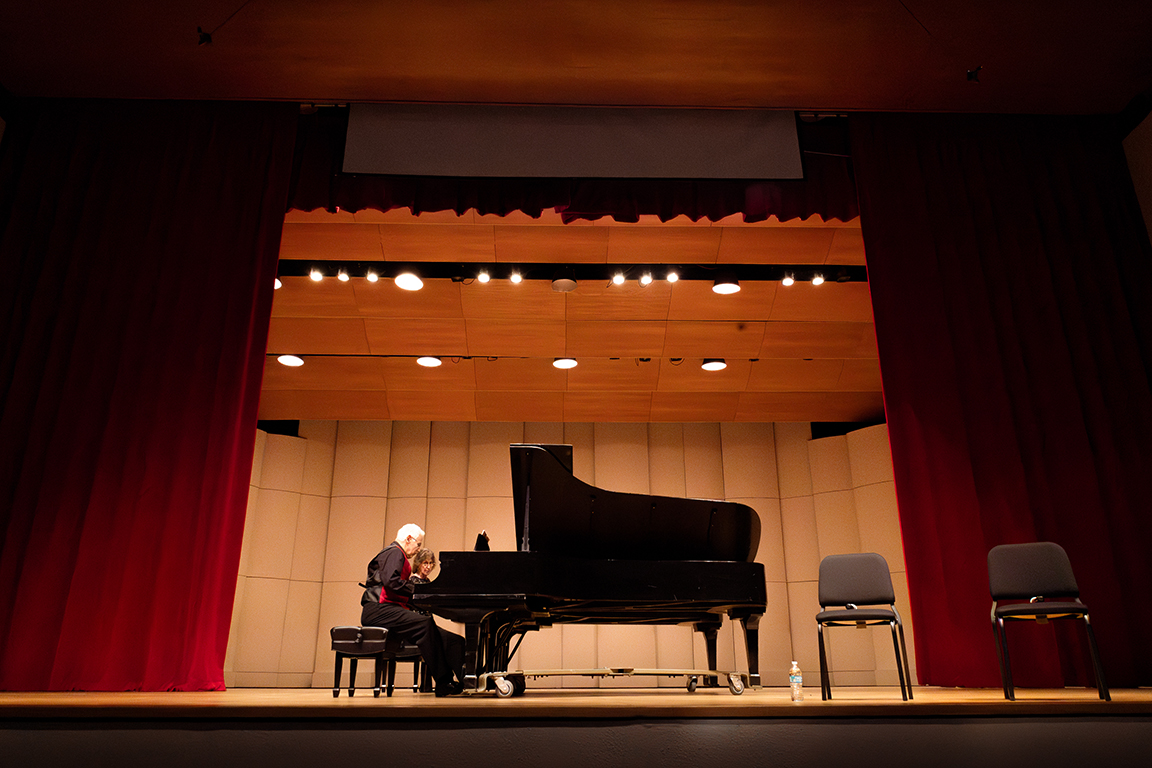Las Cruces, NM — NMSU’s Borderlands and Ethnic Studies (BEST) Research Center invites the NMSU community and surrounding communities to explore our mobile education museum on October 17 at 4:30PM. This project of the BEST Research Center offers opportunities to critically explore place-based content and exhibit design as a novel approach to curriculum co-development. Our grand opening will take place at the northeast corner of Preciado Park on the NMSU campus and will include refreshments, music, and remarks from BEST faculty and community partners. BEST is asking for RSVPs by October 15, 2025 at this link.
On the heels of the Martinez/Yazzie Draft Action Plan released by the NM Public Education department, this mobile, local, living curriculum is not just timely, it’s a vital testament to the ingenuity and strength of the peoples of New Mexico. Flipping the script on the conventions of what exists in curriculum, this exhibit attempts to highlight the too often omitted histories of the Borderlands region.
Dr. Dulcinea Lara, Department Head of BEST, describes Think Inside the Box as “being about moving ‘alternative’ knowledge to the center, honoring place-based knowing as foundational to the health of our Borderlands region and the entire state of New Mexico. This shipping box prototype demonstrates how we can co-create a curriculum that fulfills the Martinez/Yazzie family’s wishes for their children to see themselves and their communities in school curriculum.”
Think Inside the Box exemplifies the Department’s work to expand ways of critical knowing, learning/unlearning, and relating to peoples and places in loving, kind, and equitable ways while building harmonious, joyful lives with generosity and abundance.
BEST’s mission is to co-create knowledge rooted in place-based and Borderlands histories to generate practices of justice, love, relationality, and liberation. BEST programs engage students with pedagogies and knowledge that heighten their awareness of local and global histories and systems of power. In BEST, students are guided to see their value, deepen their sense of belonging while on campus, and carry forward knowledge into their areas of study. These pedagogies and knowledges facilitate students’ capacity and will to envision and build dignifying, equitable, vibrant, and pluralistic rather than individualistic futures.

